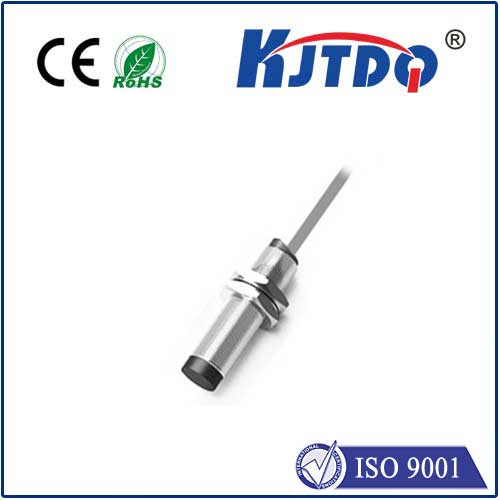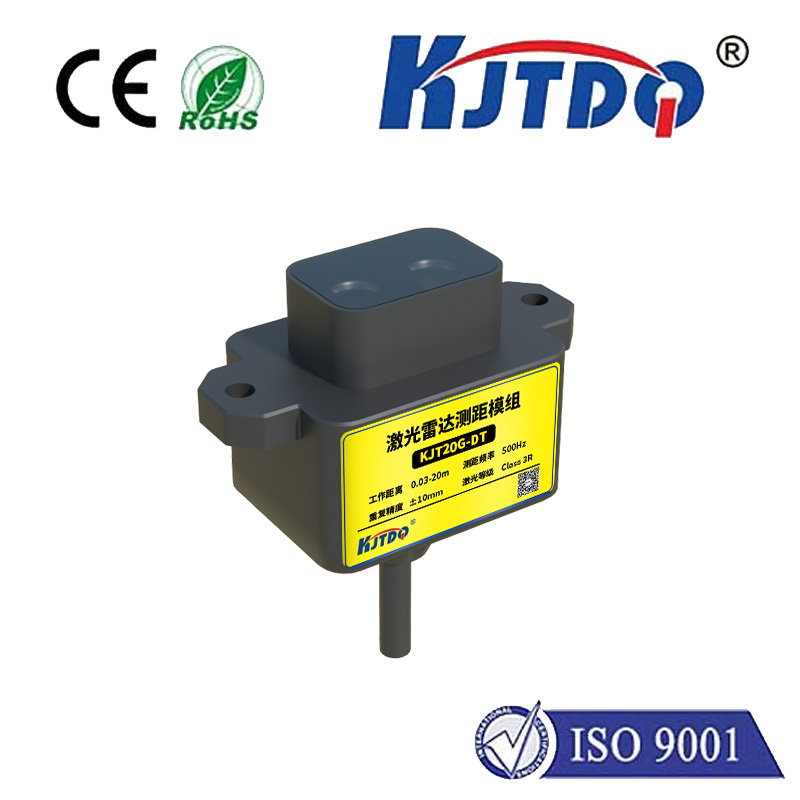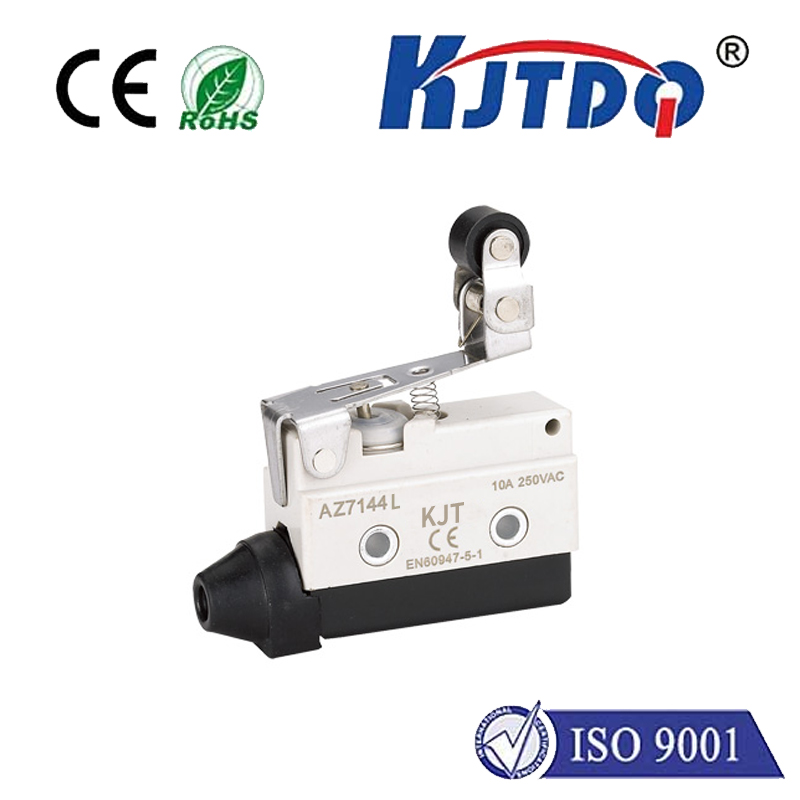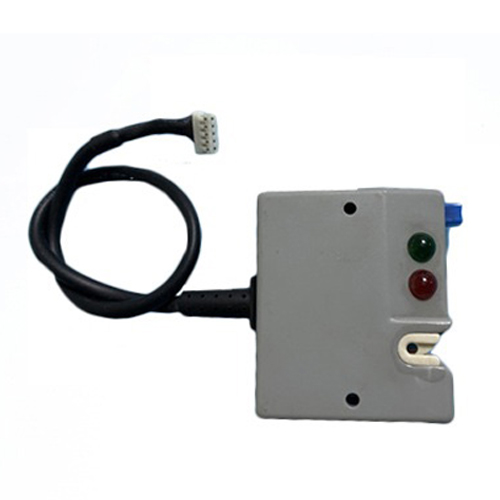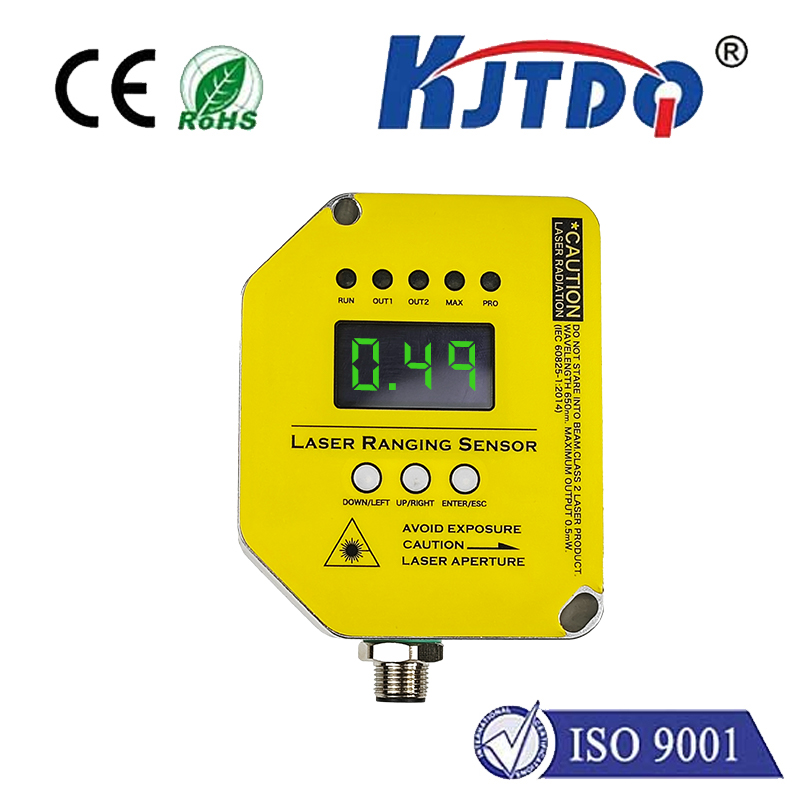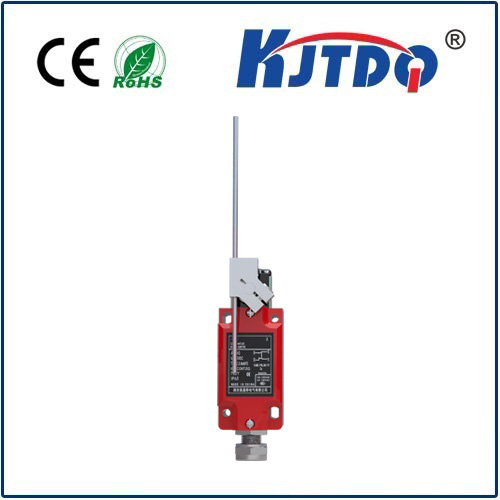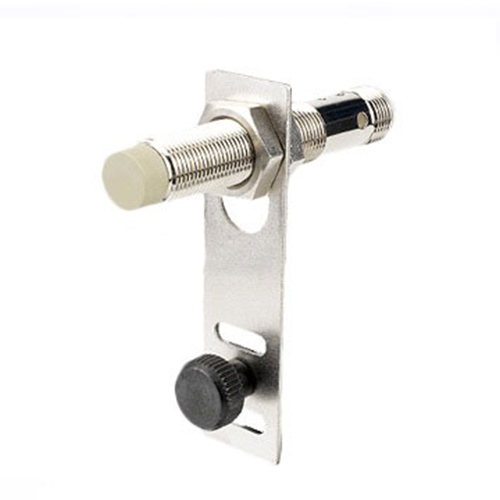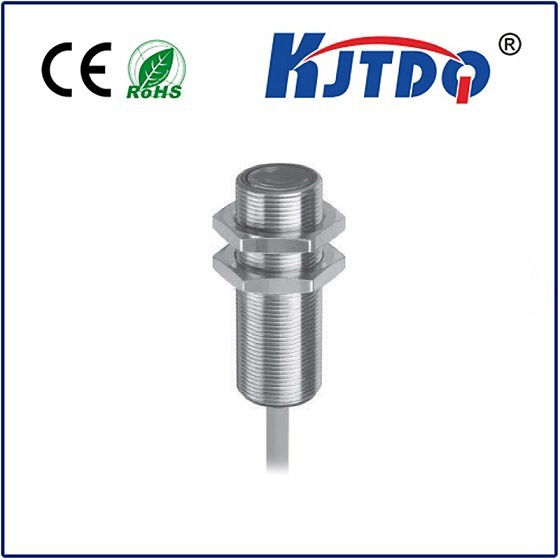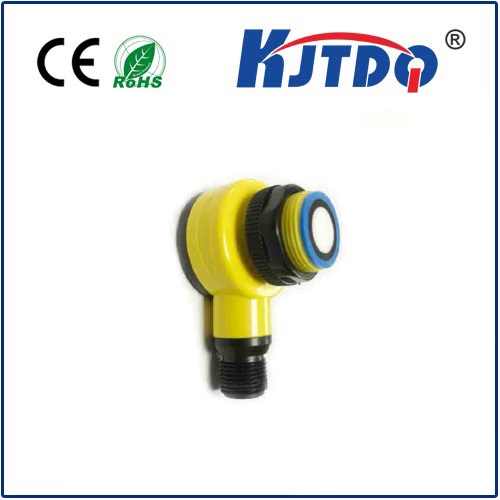

check

check

check

check
In the realm of science and technology, precision temperature measurement stands as a fundamental pillar. It is an essential aspect that influences various fields such as meteorology, environmental monitoring, medical research, and industrial processes. This article delves into the significance of precise temperature measurements, the technologies involved, and the benefits they bring to different sectors.
Temperature is a critical parameter that affects the physical and chemical properties of materials, making its accurate measurement crucial. In scientific research, slight variations in temperature can lead to截然不同的研究结果。 For instance, in pharmaceutical development, even minor fluctuations can affect the stability and efficacy of drugs. In climate studies, precise temperature data is vital for understanding global warming patterns and their impacts on ecosystems.
Advancements in technology have significantly enhanced our ability to measure temperature with high precision. Some of the notable tools include:
Thermistors: These are temperature-sensitive resistors whose resistance varies with temperature. They are highly accurate and stable, making them ideal for applications requiring precise temperature control.

Infrared Thermometers: These devices measure temperature from a distance using infrared radiation. They are non-invasive and can provide instant readings, which is particularly useful in medical diagnostics and industrial process monitoring.
Digital Temperature Sensors: Integrated into microprocessor-based systems, these sensors offer high accuracy and ease of use. They are widely used in household appliances, automotive systems, and electronic devices.
Thermocouples: These consist of two different metal wires joined at one end, producing a voltage that varies with temperature. They are rugged, versatile, and suitable for extreme temperatures and harsh environments.
Precision temperature measurement offers myriad benefits across different industries and disciplines:
Medical Field: Accurate body temperature monitoring is crucial for diagnosing fevers and other health conditions. High-precision thermometers ensure reliable readings for effective patient care.
Environmental Monitoring: Climate scientists rely on precise temperature data to track climate changes and predict weather patterns. This information is critical for disaster preparedness and mitigation strategies.
Manufacturing and Industry: In manufacturing processes, controlling temperature precisely ensures product quality and consistency. Industries like semiconductor production, chemicals, and food processing heavily depend on accurate temperature measurements.
Research and Development: Scientific research often requires meticulous temperature control to achieve reproducible results. High-precision instruments enable researchers to conduct experiments with confidence.
Precision temperature measurement is not just a technical detail but a cornerstone of scientific accuracy and reliability. As we continue to innovate and develop new technologies, the ability to measure temperature with ever-increasing precision will drive progress in numerous fields. Ensuring accurate temperature measurements paves the way for advancements that enhance our understanding of the world and improve our quality of life.
